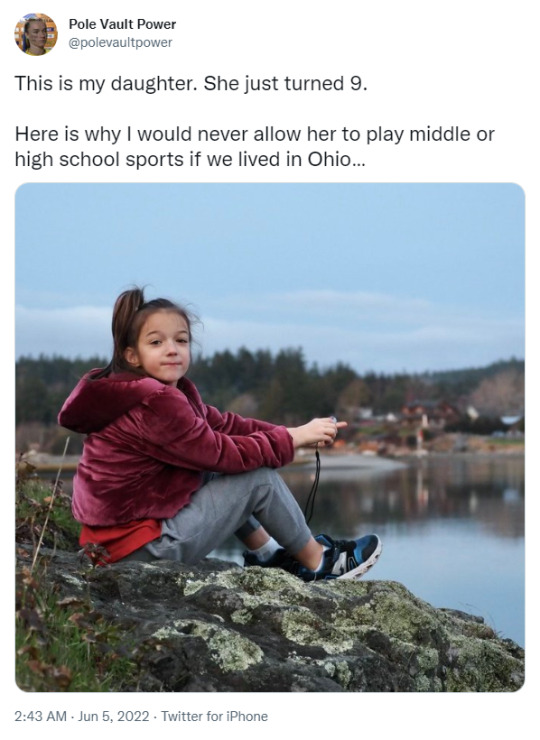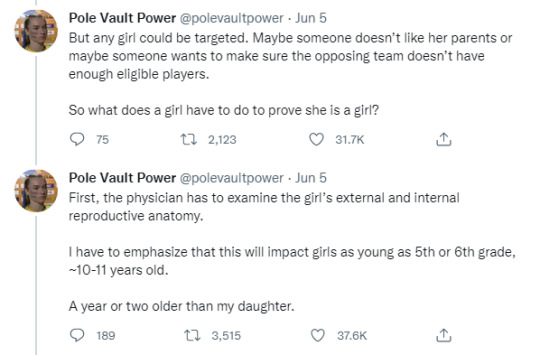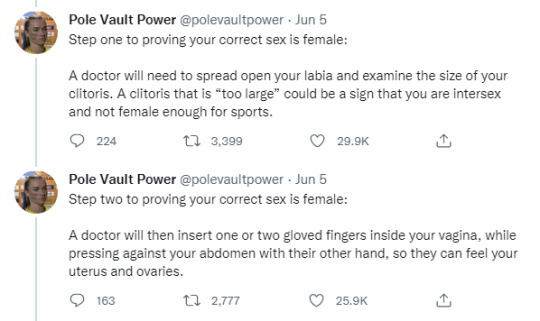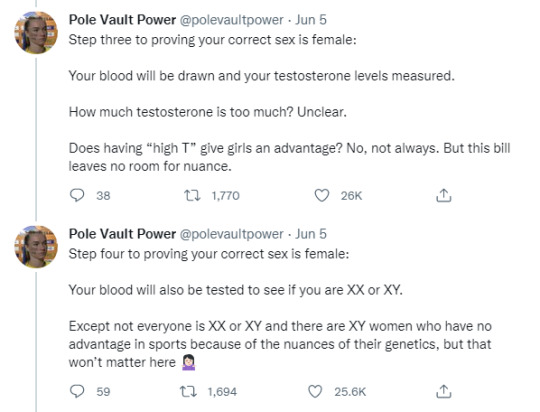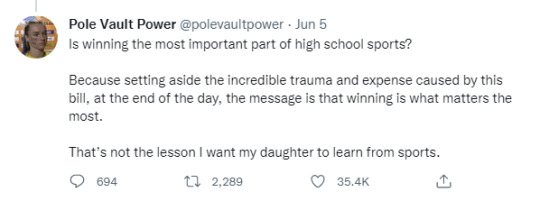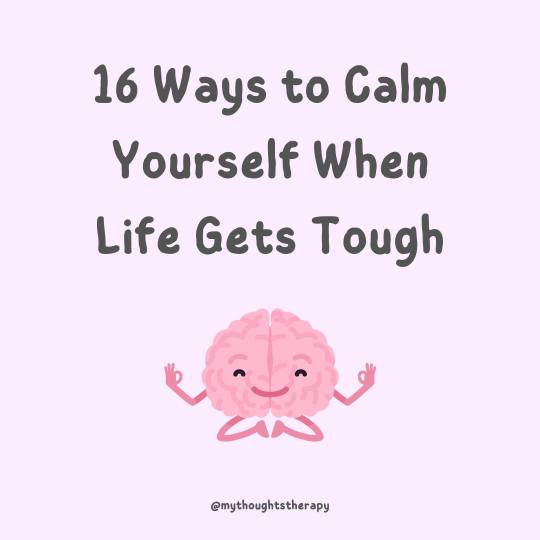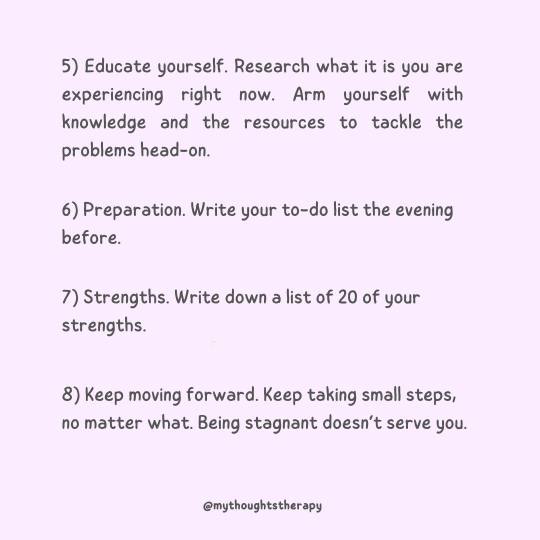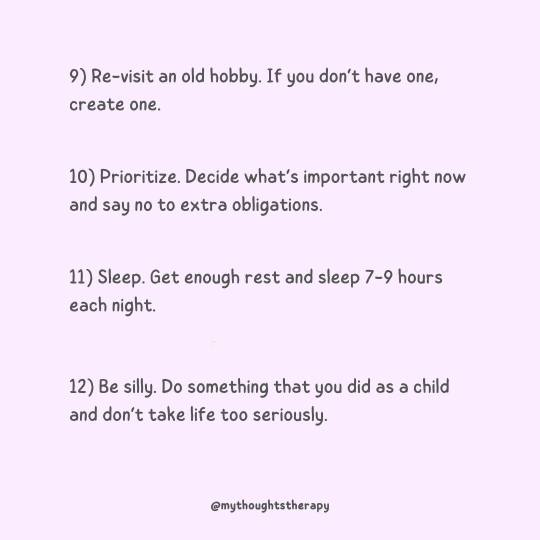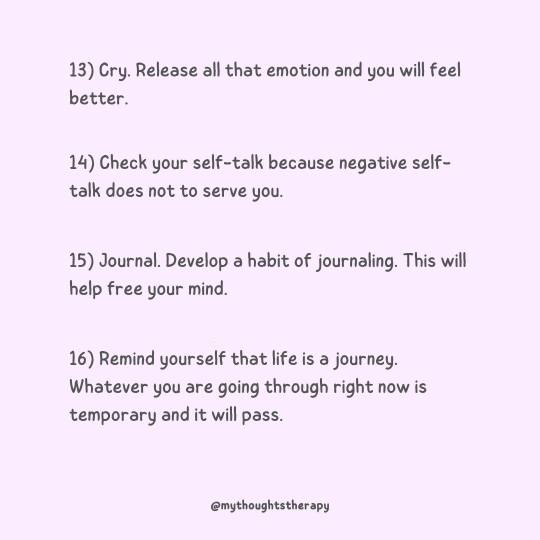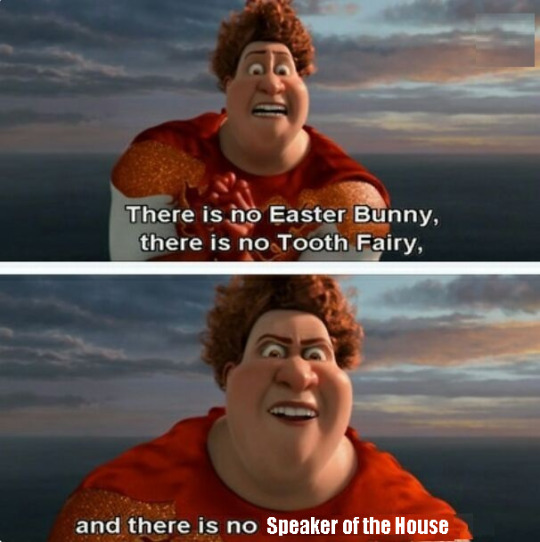Text
With the hbomberguy plagiarism video on fire right now I want to share my favorite example of egregious plagiarism.
I’m a marine biologist. Currently getting my PhD. I’ve done a lot of scholarly writing. Many classes I took as an undergraduate had big writing components. I took limnology at one point as an elective. This course had one such big writing assignment.
The professor told us a story. He said he once got a student paper that absolutely blew him away. It was way beyond what he’d expected from the class. This was before we had online tools to check for plagiarism. The paper impressed him so much that he brought it home to show it to his wife. She began reading it and then set it down, looked at him, and said, “Dan, you wrote this.”
This student was dumb enough to not only copy a published paper verbatim, but to copy a paper published by the professor of the class.
AND HE NEARLY GOT AWAY WITH IT.
76K notes
·
View notes
Photo

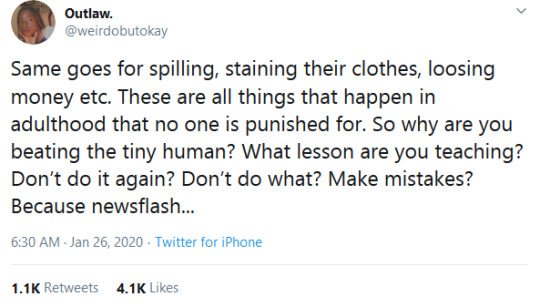
Honestly!!! This is just psychological trauma in the making
220K notes
·
View notes
Text
Spirit Animal is racist.
Patronus was invented by a transphobe.
I think it’s time we all suck it up and say what we mean: fursona.
135K notes
·
View notes
Text
My cats have this meow that means "please come with me to fix this" after which they'll lead me to the problem in question, usually a empty (or 'empty') food bowl or a closed door they want open. They look at the 'problem', they look back at me, clear message.
What fascinates me is how this illustrates what they percieve as being in the realm of my 'power.' I control the food, I control the door, sure, but my cats love to sit on the balcony in the sun, and it has happened plenty of times that on a rainy day they come get me, go to the balcony and show me... the rain. "Please fix this" they say. "Please get rid of the wet"
"Silly kitty," I say, "I can't control the rain." I then walk into the shower and turn on the rain.
210K notes
·
View notes
Text
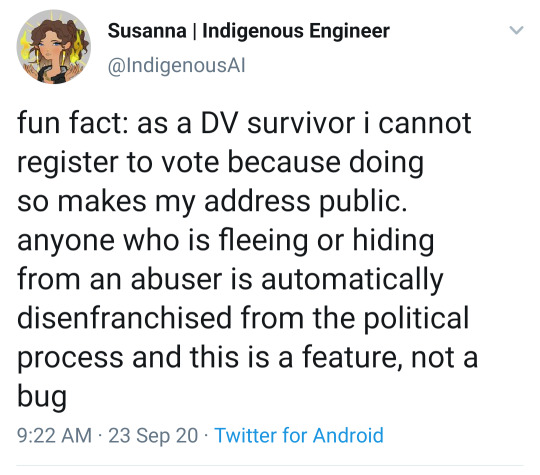
[image description: a tweet by user @indigenousAI saying
“fun fact: as a DV survivor i cannot register to vote because doing so makes my address public. anyone who is fleeing or hiding from an abuser is automatically disenfranchised from the political process and this is a feature, not a bug”]
133K notes
·
View notes
Text
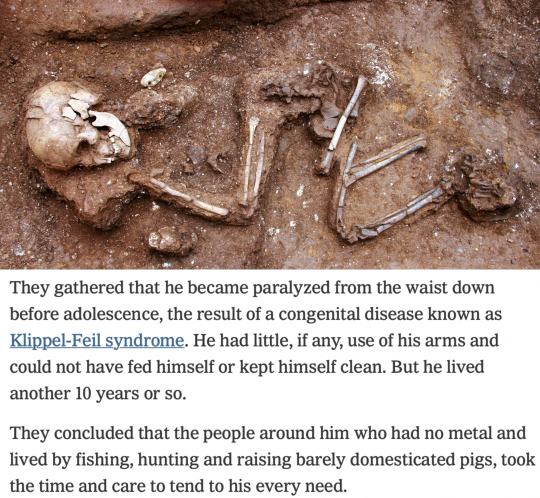

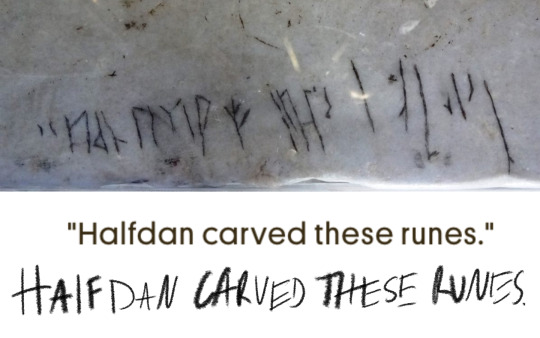
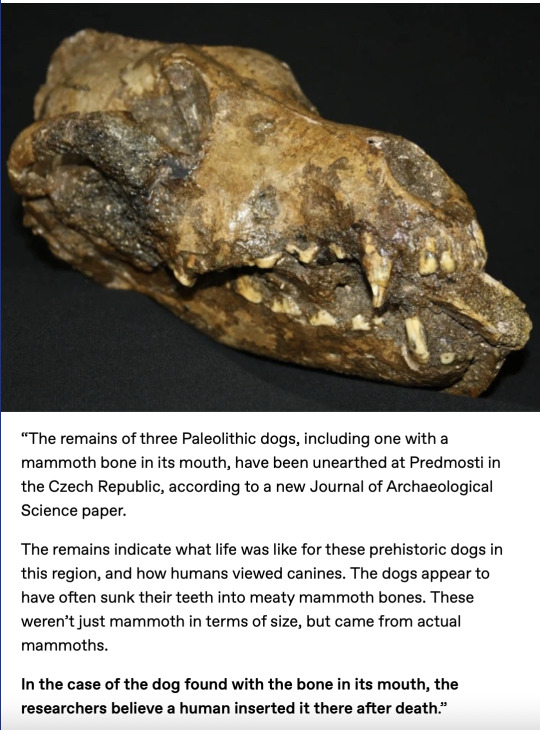





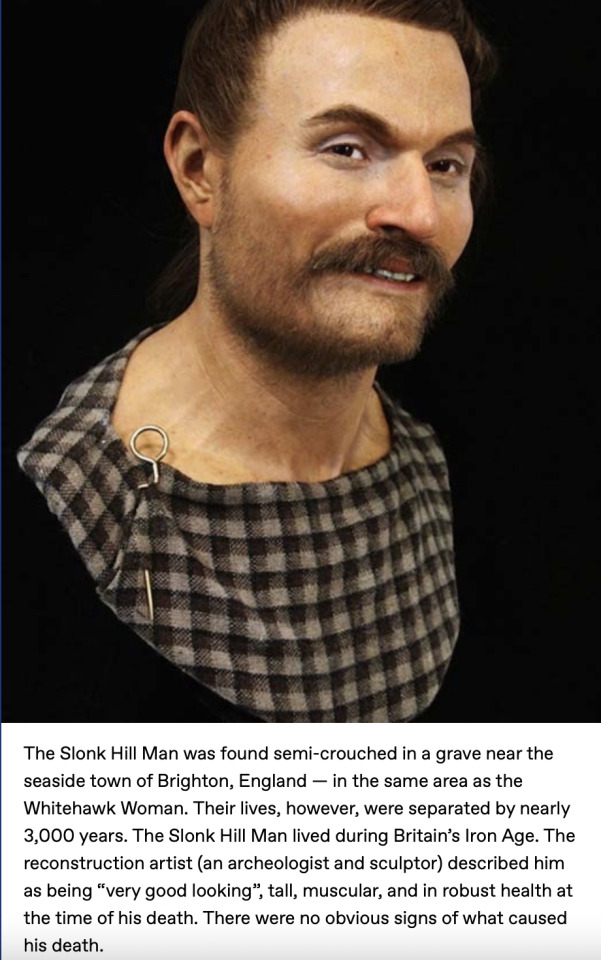


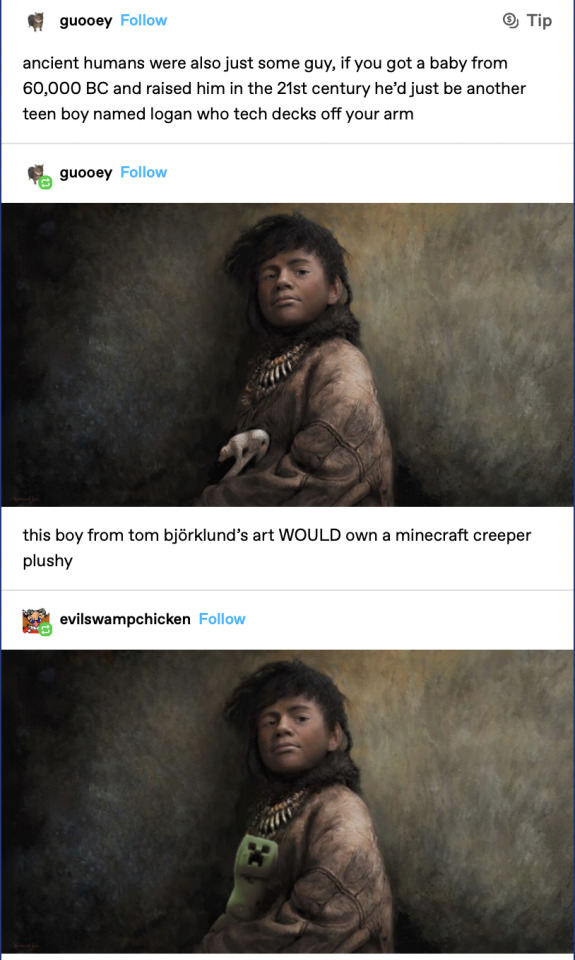


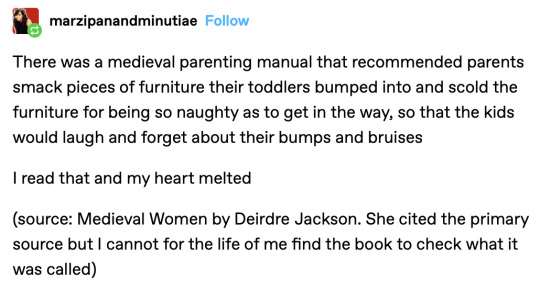

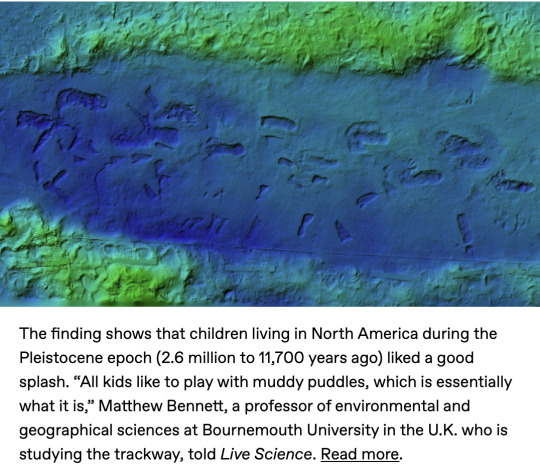

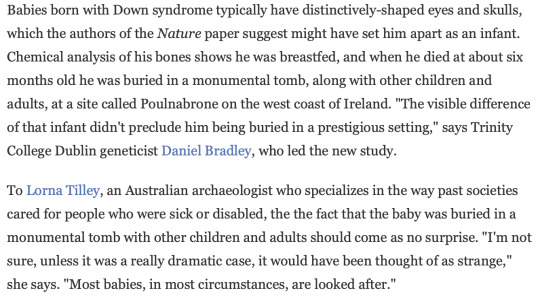





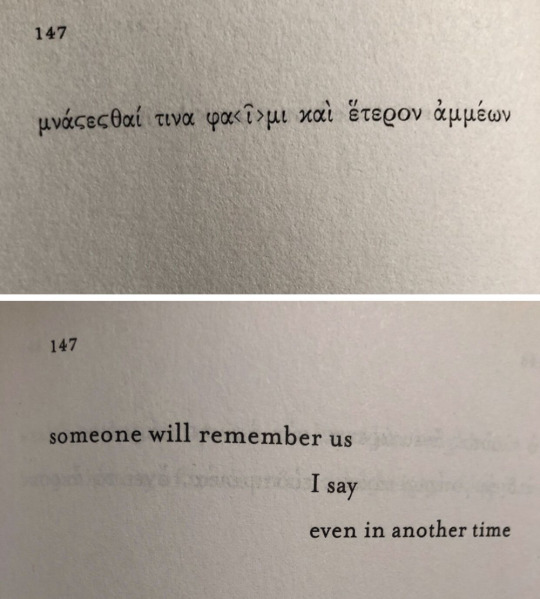
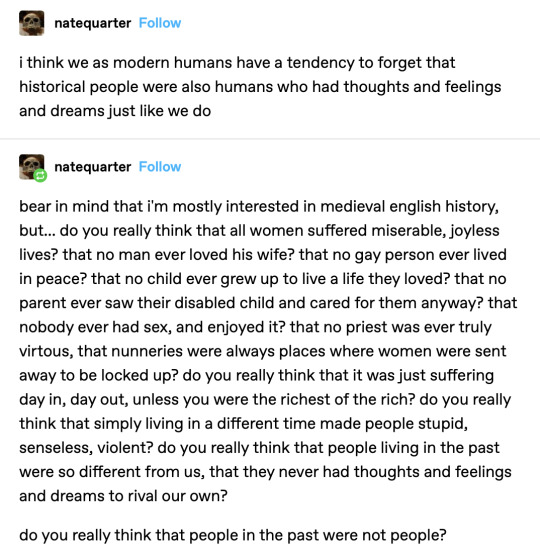
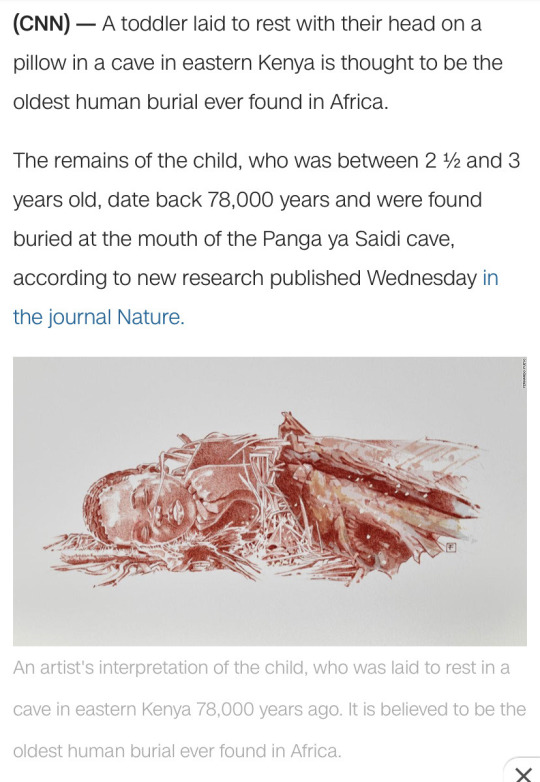
I have a folder called Time is a Flat Circle in which I collect evidence of humanity. Here is most of them.
136K notes
·
View notes
Text
i'm trying to post a long list of informational resources on palestine and tumblr simply will not let me
23K notes
·
View notes
Note
okay so i’ve never really grasped this, might as well ask now — how exactly does the cyberspace & nft stuff mine resources? i’ve heard the basics (i.e. crypto mining uses energy and what not) but i’ve never been able to understand how internet connects to real resources. could you sort of explain that (along the lines with the spam email post) in a simpler way?
ok, put very simply: it's easy for people who only interact with the internet as users to treat 'cyberspace' or 'the virtual world' as immaterial. i type something out on my phone, it lives in the screen. intuitively, it feels less real and physical than writing the same words down on a piece of paper with a pencil. this is an illusion. the internet is real and physical; digital technology is not an escape from the use of natural resources to create products. my phone, its charger, the data storage facility, a laptop: all of these things are physical objects. the internet does not exist without computers; it is a network of networks that requires real, physical devices and cables in order to store, transmit, and access all of the data we use every time we load a webpage or save a text document.
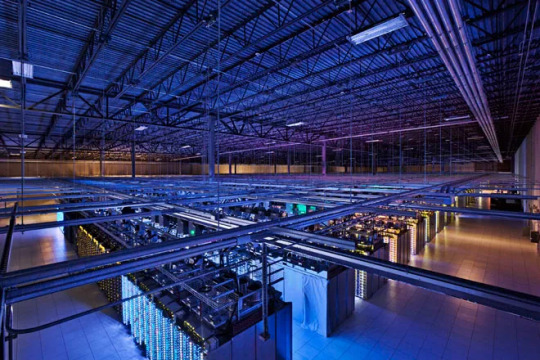
this is one of google's data centres—part of the physical network of servers and cables that google operates. these are real objects made of real materials that need to be obtained through labour and then manufactured into these products through labour. the more data we use, the more capacity the physical network must have. google operates dozens of these data centres and potentially millions of servers (there is no official number). running these facilities takes electricity, cooling technologies (servers get hot), and more human labour. now think about how many other companies exist that store or transmit data. this entire network exists physically.
when you look at a server, or a phone, or a laptop, you might be glossing over a very simple truth that many of us train ourselves not to see: these objects themselves are made of materials that have supply chains! for example, cobalt, used in (among other things) lithium-ion batteries, has a notoriously brutal supply chain relying on horrific mining practices (including child labour), particularly in the congo. lithium mining, too, is known to have a massive environmental toll; the list goes on. dangerous and exploitative working conditions, as well as the environmental costs of resource extraction, are primarily and immediately borne by those who are already most brutally oppressed under capitalism: poor workers in the global south, indigenous people, &c. this is imperialism in action. digital technologies cannot exist without resources, and tech companies (like all capitalist firms!) are profitable because they exploit labour.
all commodities require resources and labour to make and distribute. digital technology is no different. these are material objects with material histories and contexts. nothing about the internet is immaterial, from the electromagnetic waves of wi-fi communication to the devices we use to scroll tumblr. it is, in fact, only by a fantastical sleight-of-hand that we can look at and interact with these objects and still consider the internet to be anything but real resources.
393 notes
·
View notes
Text
No paywall version here.
"Two and a half years ago, when I was asked to help write the most authoritative report on climate change in the United States, I hesitated...
In the end, I said yes, but reluctantly. Frankly, I was sick of admonishing people about how bad things could get. Scientists have raised the alarm over and over again, and still the temperature rises. Extreme events like heat waves, floods and droughts are becoming more severe and frequent, exactly as we predicted they would. We were proved right. It didn’t seem to matter.
Our report, which was released on Tuesday, contains more dire warnings. There are plenty of new reasons for despair. Thanks to recent scientific advances, we can now link climate change to specific extreme weather disasters, and we have a better understanding of how the feedback loops in the climate system can make warming even worse. We can also now more confidently forecast catastrophic outcomes if global emissions continue on their current trajectory.
But to me, the most surprising new finding in the Fifth National Climate Assessment is this: There has been genuine progress, too.
I’m used to mind-boggling numbers, and there are many of them in this report. Human beings have put about 1.6 trillion tons of carbon in the atmosphere since the Industrial Revolution — more than the weight of every living thing on Earth combined. But as we wrote the report, I learned other, even more mind-boggling numbers. In the last decade, the cost of wind energy has declined by 70 percent and solar has declined 90 percent. Renewables now make up 80 percent of new electricity generation capacity. Our country’s greenhouse gas emissions are falling, even as our G.D.P. and population grow.
In the report, we were tasked with projecting future climate change. We showed what the United States would look like if the world warms by 2 degrees Celsius. It wasn’t a pretty picture: more heat waves, more uncomfortably hot nights, more downpours, more droughts. If greenhouse emissions continue to rise, we could reach that point in the next couple of decades. If they fall a little, maybe we can stave it off until the middle of the century. But our findings also offered a glimmer of hope: If emissions fall dramatically, as the report suggested they could, we may never reach 2 degrees Celsius at all.
For the first time in my career, I felt something strange: optimism.
And that simple realization was enough to convince me that releasing yet another climate report was worthwhile.
Something has changed in the United States, and not just the climate. State, local and tribal governments all around the country have begun to take action. Some politicians now actually campaign on climate change, instead of ignoring or lying about it. Congress passed federal climate legislation — something I’d long regarded as impossible — in 2022 as we turned in the first draft.
[Note: She's talking about the Inflation Reduction Act and the Infrastructure Act, which despite the names were the two biggest climate packages passed in US history. And their passage in mid 2022 was a big turning point: that's when, for the first time in decades, a lot of scientists started looking at the numbers - esp the ones that would come from the IRA's funding - and said "Wait, holy shit, we have an actual chance."]
And while the report stresses the urgency of limiting warming to prevent terrible risks, it has a new message, too: We can do this. We now know how to make the dramatic emissions cuts we’d need to limit warming, and it’s very possible to do this in a way that’s sustainable, healthy and fair.
The conversation has moved on, and the role of scientists has changed. We’re not just warning of danger anymore. We’re showing the way to safety.
I was wrong about those previous reports: They did matter, after all. While climate scientists were warning the world of disaster, a small army of scientists, engineers, policymakers and others were getting to work. These first responders have helped move us toward our climate goals. Our warnings did their job.
To limit global warming, we need many more people to get on board... We need to reach those who haven’t yet been moved by our warnings. I’m not talking about the fossil fuel industry here; nor do I particularly care about winning over the small but noisy group of committed climate deniers. But I believe we can reach the many people whose eyes glaze over when they hear yet another dire warning or see another report like the one we just published.
The reason is that now, we have a better story to tell. The evidence is clear: Responding to climate change will not only create a better world for our children and grandchildren, but it will also make the world better for us right now.
Eliminating the sources of greenhouse gas emissions will make our air and water cleaner, our economy stronger and our quality of life better. It could save hundreds of thousands or even millions of lives across the country through air quality benefits alone. Using land more wisely can both limit climate change and protect biodiversity. Climate change most strongly affects communities that get a raw deal in our society: people with low incomes, people of color, children and the elderly. And climate action can be an opportunity to redress legacies of racism, neglect and injustice.
I could still tell you scary stories about a future ravaged by climate change, and they’d be true, at least on the trajectory we’re currently on. But it’s also true that we have a once-in-human-history chance not only to prevent the worst effects but also to make the world better right now. It would be a shame to squander this opportunity. So I don’t just want to talk about the problems anymore. I want to talk about the solutions. Consider this your last warning from me."
-via New York Times. Opinion essay by leading climate scientist Kate Marvel. November 18, 2023.
33K notes
·
View notes
Text
I teach a lot of undergrads these days. About 3 years ago, I started dedicating a full two hours early every semester to a lecture and discussion about the history of the concept of plagiarism, because I was so annoyed that my students were walking into my classroom with the ironclad belief that they weren't plagiarizing when they were. Sure, the university had some official plagiarism guidelines that they could hypothetically read in a code of conduct somewhere, but they didn't. All they had was a vague memory of some teacher in Grade 8 telling them 'don't copy and paste from wikipedia' and a little learning from experience afterwards.
My hypothesis (which I was delighted to find is shared by Brian Deer, the journalist who broke the Wakefield story and who was the source Illuminaughti plagiarized in the hbomberguy video) is that the rise of automatic plagiarism checkers meant that, in the minds of many students, the formerly more abstract concept of plagiarism ('passing someone else's work off as your own') became a more concrete concept operationalized by the plagiarism checker. Under this concept, a text is plagiarized if (and, implicitly, only if) it is detected as plagiarism by the plagiarism checker. I have spent many hours with students sobbing in my office after I told them that their essays were plagiarized, and they all say that they thought changing the words around was sufficient to make it not plagiarized. Maybe some of them were lying for sympathy, maybe they all were, but I see no reason to not take them at their word. They think that what they're doing is dubious (hence the shame) but they don't think it falls under what they take to be the definition of plagiarism - the thing they can face sanction from the university for. They need to have it pointed out to them that there has been plagiarism for a lot longer than there have been automatic 'plagiarism checkers' and that as their professor, I'm the only plagiarism checker they really need to be concerned about.
It's really easy for me to get frustrated about this. It's frustrating to me that the American public high school system (the source of the majority of my students) has failed to prepare them to think about information, facts, and where they come from. It's frustrating that students can't be arsed to read the university's code of conduct and that the only way I know they have is if I read it straight to their faces. It's very frustrating to see the written scholarly word, a medium to which I have dedicated no small part of my life, treated like it's not worth anything. I'm frustrated to know that most students are not in my class, or in the class of someone else prepared to teach this lesson, so they'll go through their whole lives thinking that an uncited light paraphrase is enough to be worthy of credit. I'm frustrated that people with such a lax attitude towards information are my fellow voters. I once read a real fucking academic essay that was submitted for grades that cited a long quote from Arthur Conan Doyle that, when I traced it, was actually a quote from a fucking TJLC blog. That one isn't frustrating, I guess, that's just funny. It's not all bad.
I'm glad for the hbomberguy video. I hope it will make it easier to convince my students in future. It's too bad he didn't go into the academic context, but it's not like he was short on things to talk about already.
But this is a more general problem than just the video essay context shows. If we're not careful, the very concept of plagiarism can get eroded. I'm not a linguistic prescriptivist, either! If enough people start taking this new concept as plagiarism, that will be what it becomes. I think a world in which that notion of plagiarism is the relevant one would be a worse world. Don't let people erode the idea of credit. You're going to want it later.
26K notes
·
View notes
Text
A teacher deadnames or misgenders a student. The student flips out, reports the teacher, and demands that the teacher be punished.
A student addresses a teacher by their first name. The teacher flips out and gives the student detention.
If you believe that the student in the first scenario is an easily offended and vindictive special snowflake while also believing that the teacher in the second scenario is acting reasonably, ask yourself why. It can't be free speech. It can't be that people are too easily offended. It can't be technical accuracy.
182 notes
·
View notes
